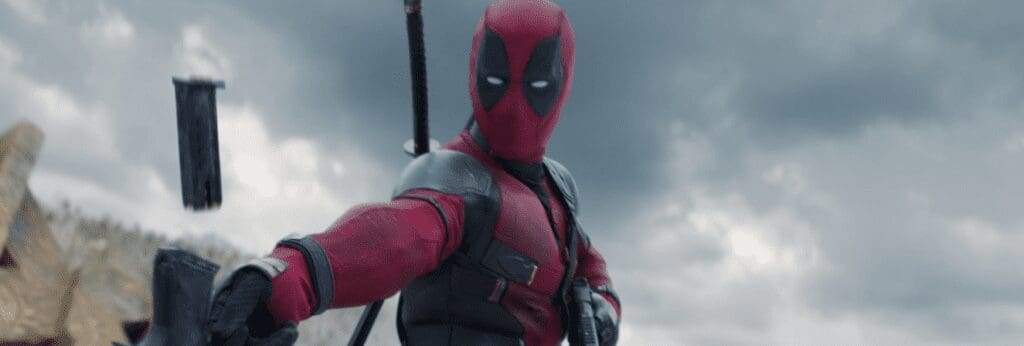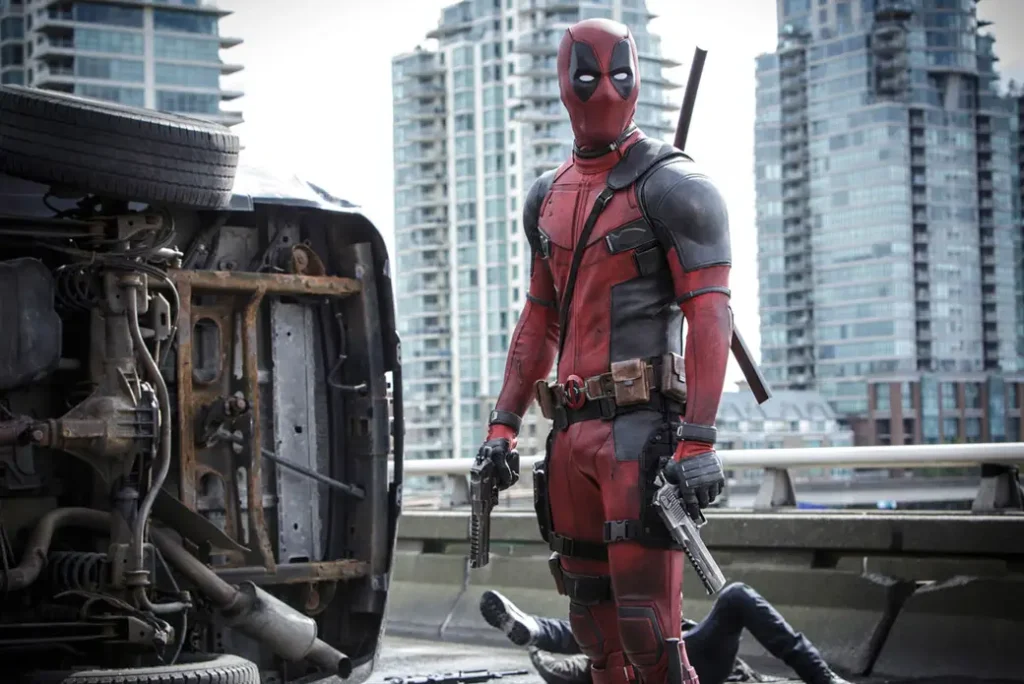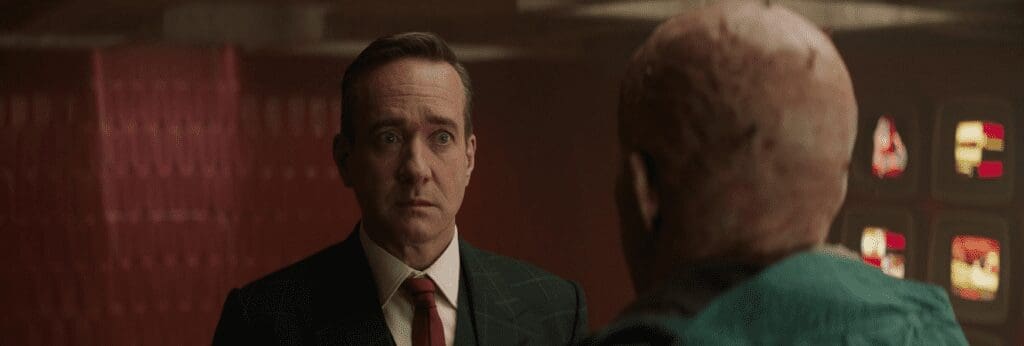
The buzz surrounding the potential Deadpool & Wolverine movie promises to inject new life into the Marvel Cinematic Universe (MCU), but it also raises concerns about the overuse of the multiverse concept in storytelling.
While details about the film remain shrouded in secrecy, the inclusion of Emma Corrin’s Cassandra Nova as the main antagonist hints at a narrative steeped in complexity and intrigue beyond the focus of the prior Deadpool films. However, the revelation that the movie introduces a new concept to the MCU involving a singular being in every universe feels like a tired trope that has been explored ad nauseam in recent years.
RELATED: Director Patty Jenkins Says Star Wars Rogue Squadron Is Back On The Table
The multiverse has become a convenient plot device for writers, offering a way to bring back characters, explore alternate realities, and introduce new storylines without the burden of continuity. Yet, this reliance on the multiverse risks diminishing the impact of individual narratives and diluting the emotional stakes for characters and audiences alike.

Moreover, the rumored return of characters like James Marsden’s Cyclops, along with a star-studded cast of familiar faces from the X-Men franchise, raises questions about the coherence and cohesion of the MCU. While fans may delight in seeing beloved characters reunited on screen, the constant introduction of alternate versions and parallel universes threatens to undermine the sense of continuity and coherence that has been carefully cultivated over the years.
The history of Deadpool and Wolverine in previous films offers both triumphs and pitfalls. While Ryan Reynolds’ irreverent portrayal of Deadpool breathed new life into the character and garnered critical acclaim, the reception to Hugh Jackman’s Wolverine has been more mixed, with some entries in the X-Men franchise receiving lukewarm reviews from both audiences and critics alike.
RELATED: Marvel’s Shang-Chi 2 In Production And Iron Fist’s Rumored Addition to the MCU
For example, “Deadpool” received widespread praise for its humor, self-awareness, and unconventional approach to the superhero genre, earning an audience score of 90% on Rotten Tomatoes. In contrast, “X-Men Origins: Wolverine” was criticized for its convoluted plot, lackluster character development, and inconsistent tone, resulting in an audience score of just 58%.

As the MCU continues to expand and evolve, it’s crucial for filmmakers to strike a balance between innovation and familiarity, ensuring that each new installment adds depth and dimension to the overarching narrative without sacrificing coherence or emotional resonance. While the multiverse may offer tantalizing possibilities for storytelling, its overuse risks turning a once-exciting concept into a tired cliche.
Ultimately, the success of Deadpool & Wolverine will depend on its ability to transcend the limitations of the multiverse concept and deliver a compelling story that resonates with audiences on a visceral level. Only time will tell whether the film can live up to the hype and carve out a distinct identity within the ever-expanding MCU.
What do you think of Deadpool & Wolverine delving into the multiverse for the MCU? Leave a comment and let us know.
NEXT: Alec Baldwin’s Arrogance on Display as He Rejects Plea Deal for Rust Shooting As Trial Date Is Set

The more Bob and Kevin mess with this film, the worse it will be.
The worse the film is, the lower the chances of resurrecting the M-She-U.
Ideologues just can’t help themselves.
Roll on Bob and Kevin!
Disney delenda est.